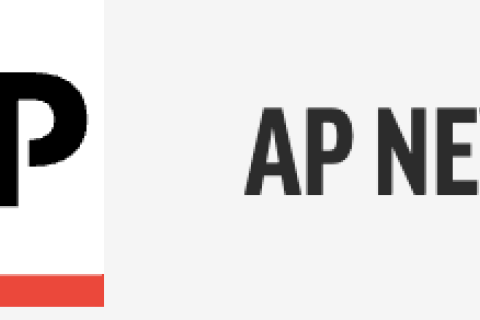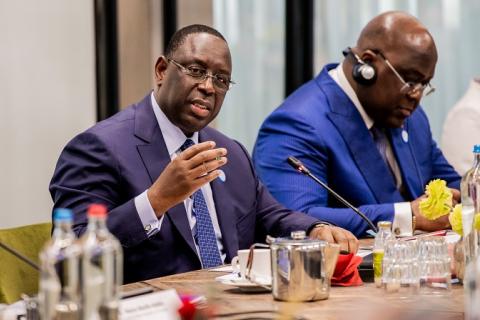Over Half the World's Energy Transition Minerals Are on Indigenous Lands
African countries are tapping their fossil fuel wealth. Why aren’t they getting rich?
Villagers Brace for Another Displacement: This Time, It’s for Coal.
“I am powerless”: Chinese company mines with impunity in Congo Basin
WOLTS Mongolia success stories - new blog and a national workshop
Mokoro are delighted to publish a new blog from WOLTS Mongolia team member, B. Munkhtuvshin. “Protesting herders to get government support to stop harmful mining operations” is the story of recent demonstrations by nomadic pastoralists opposed to investments in the mining sector that have infringed on their community’s land rights.
Cambodia’s elites swallow up Phnom Penh’s lakes, leaving the poor marooned
- Lakes in Phnom Penh are fast being filled in and parceled off as prime real estate to wealthy and politically connected individuals.
- Families who have for generations fished and practiced aquaculture on the lakes and surrounding wetlands face eviction and the loss of livelihoods.
- At the same time, experts warn that filling in these natural rainwater reservoirs risks exacerbating flood intensity and damage in the Cambodian capital.
- This story was supported by the Pulitzer Center’s Rainforest Investigations Network where Gerald Fl
Sulawesi islanders grieve land lost to nickel mine
- The Harita Group holds a nickel mining concession covering about 1,000 hectares (2,500 acres) on Wawonii Island.
- The arrival of the mine has divided the community between those who support the development and farmers hoping to retain their fruit and nut trees.
- One man described his grief as the grave of his son was exhumed and moved as a result of the mine.
WAWONII ISLAND, Indonesia — The coconut palm has been a source of food and identity for centuries among the people of Wawonii Island.
The mine leak was bad. The DRC and Angola’s response are no better, report says
- In July 2021, an Angolan diamond mine leaked large amounts of polluted water into the Kasai River Basin which stretches across Angola and the Democratic Republic of Congo.
- Twelve people were killed, a further 4,400 fell ill and an estimated 1 million more were affected by the polluted water.
- Fourteen months later, the DRC government has not released full results of tests conducted on the rivers, but a ban on drinking the water from the Kasai and Tshikapa rivers remains in place.
South Africa: Mining firm must account for the dam burst disaster resulting in loss of lives and destruction
The mining executives responsible for the Jagersfontein mine dam wall burst, which has claimed lives and caused major destruction to the community, must be held accountable for the loss of lives, homes and people livelihoods, Amnesty International South Africa said today.
According to reports three people were killed and more than 40 people injured when the banks of the mining dam burst in the Free State town on Sunday.








